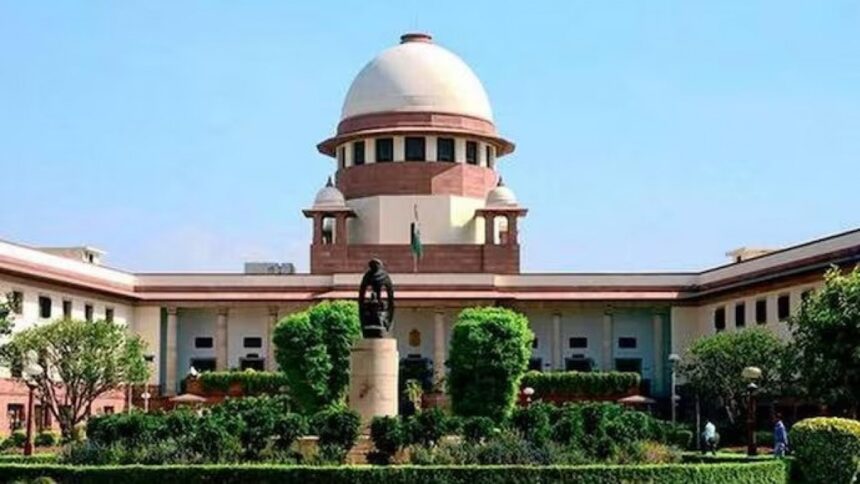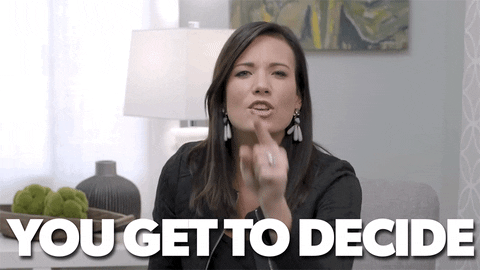All eyes are on the Supreme Court as it will pronounce today its much-anticipated judgement on pleas seeking legal validation for same-sex marriage in India. The verdict was reserved in May after a marathon hearing of 10 days.
A five-judge bench comprising Chief Justice of India DY Chandrachud, Justice Sanjay Kishan Kaul, Justice S Ravindra Bhat, Justice Hima Kohli and Justice PS Narasimha is dealing with the batch of petitions pertaining to marriage equality rights for LGBTQIA+.
Here’s all you need to know:
1. In May, the apex court heard arguments from as many as 40 lawyers for 10 days at a stretch. The order was reserved after counsel from all sides concluded their arguments.
2. The Centre, during the arguments, had told the court that any constitutional declaration made by it on the petitions seeking legal validation for same-sex marriage may not be a “correct course of action” as the court will not be able to foresee, envisage, comprehend and deal with its fallout.
3. It had also told the court it had received responses from seven states on the issue of same-sex marriage and the governments of Rajasthan, Andhra Pradesh and Assam had opposed the leagal recognition of same-sex marriages in the country.
4. The five-judge bench, while hearing the matter on May 11, had noted that it cannot give a declaration on same-sex unions on the anticipation as to how Parliament is likely to respond to it.
5. The bench had made it clear during the arguments that it will not go into personal laws governing marriages while deciding the pleas seeking judicial validation for same-sex marriages and said the very notion of a man and a woman, as referred to in the Special Marriage Act, is not “an absolute based on genitals”, news agency PTI reported.
6. A couple of petitioners urged Supreme Court to use its plenary power, “prestige and moral authority” to push the society to acknowledge such a union which would ensure LGBTQIA++ lead a “dignified” life like heterosexuals. LGBTQIA++ stands for lesbian, gay, bisexual, transgender, queer, questioning, intersex, pansexual, two-spirit, asexual and ally persons.
7. The Centre had in May told the court it was willing to form a committee headed by the cabinet secretary to examine the administrative steps that could be taken for addressing “genuine human concerns” of same-sex couples without going into their plea for legal recognition of same-sex marriage.
8. This was pursuant to the Supreme Court asking it on April 27 whether social welfare benefits like opening joint bank accounts, nominating life partner in provident funds, gratuity and pension schemes can be extended to same-sex couples without going into the issue of legal sanction to their marriage.
9. National Commission for Protection of Child Rights (NCPCR) has told the apex court that the entire architecture of laws is from the perspective of the welfare of the child being paramount and adoption is not an alternative to biological birth in families of heterosexual couples.
10. The petitioners have cited that the right to marry cannot be withheld from a section of people based solely on their sexual orientation.
(With inputs from PTI)
Also Read: UK PM Rishi Sunak announces 10 million pounds aid for Palestinians, calls them ‘victims of Hamas’
Also Read: Mumbai airport flight operations to remain suspended for 6 hours today; here’s why







